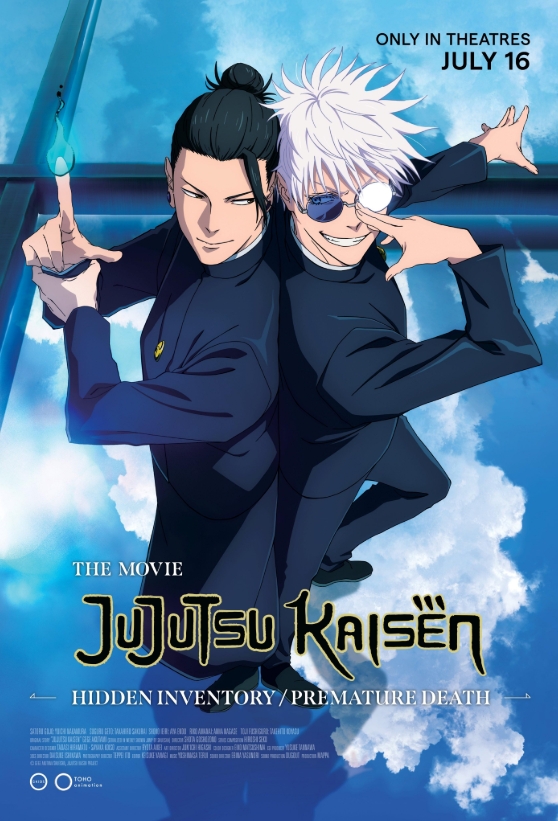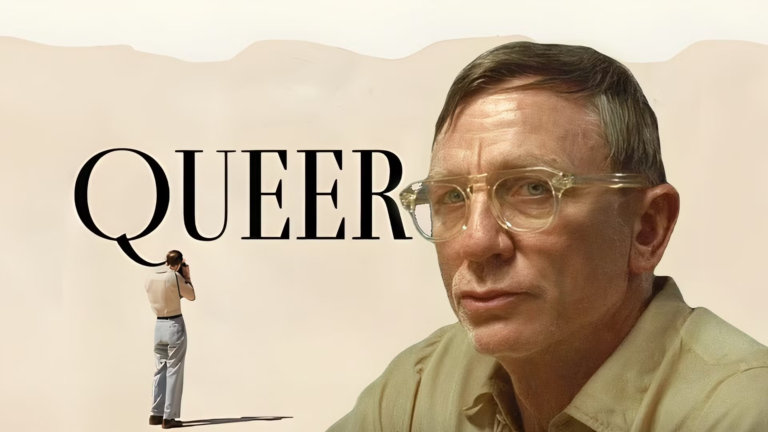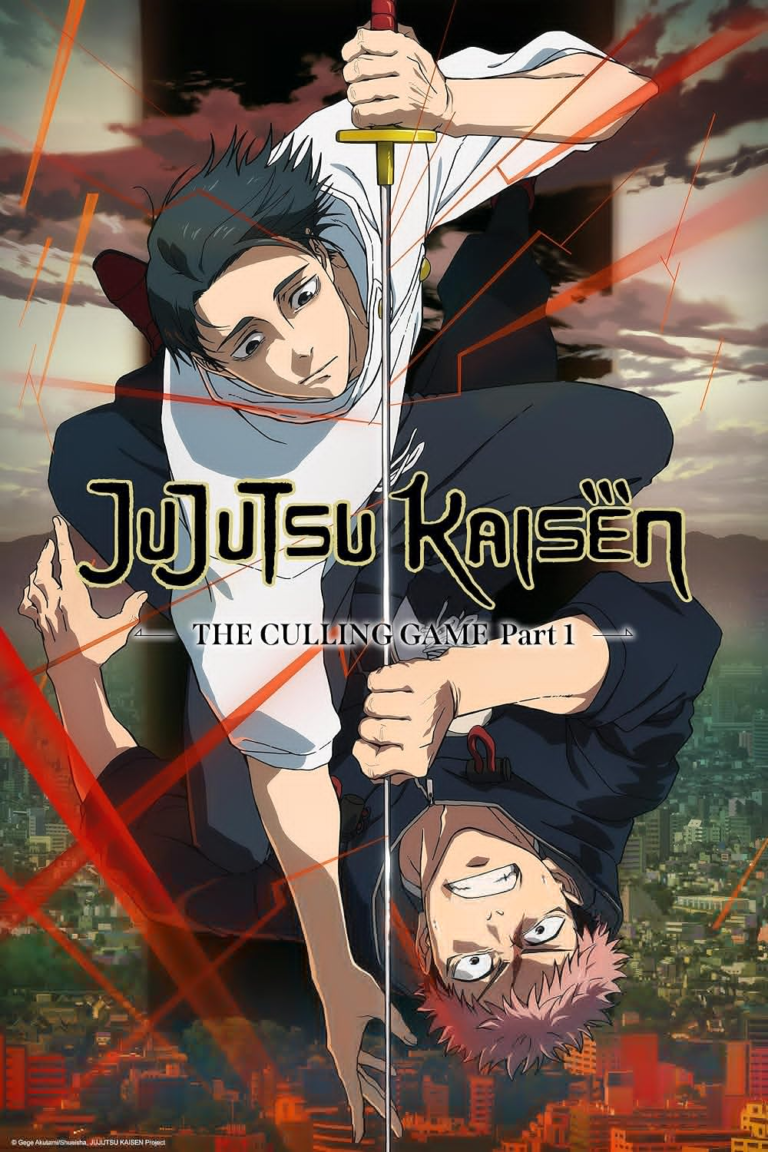Blitz Christian Review

Steve McQueen’s Blitz doesn’t attempt to glamorize war or reduce it to typical Hollywood heroics. There are no all-conquering soldiers here, no mythic generals leading from the front. This is a civilian story—a heart-wrenching account of the everyman and everywoman thrown into the crucible of war. Bombs fall, cities burn, and yet these characters press on, capturing a sense of everyday bravery that resonates on a soul-deep level. In a way, it’s precisely because Blitz doesn’t sanitize its scenes of fear and chaos that it feels so immersive and real. We aren’t just watching a story of war; we’re watching a story of ordinary humanity.
For a Christian viewer, Blitz feels like an invitation to practice empathy, something Christ himself modeled and taught. In the film, we’re reminded that every person, no matter how ordinary, is made in God’s image, deserving of dignity and compassion. And McQueen’s portrayal of these Londoners enduring a literal and metaphorical firestorm calls us to see that image more clearly.
The Landscape of Despair and Hope: Visuals with a Purpose
If there’s one thing Blitz nails, it’s its portrayal of the land itself, which, ironically, often feels like another character in the film. McQueen’s meticulous, often haunting shots of London and the countryside are charged with a feeling of both reverence and destruction. From smoke-shrouded alleyways to fields that feel oddly serene against the backdrop of chaos, the landscapes here have a sense of quiet resilience that mirrors the people living in them. There’s a classic, almost reverent beauty to it, evoking filmmakers like David Lean and capturing the same juxtaposition of beauty and despair.
War-ravaged London is gritty and scarred, yet somehow dignified. There’s something redemptive in this—the beauty of creation marred by humanity’s own brokenness. In watching the film, it’s impossible not to feel the tension between human failure and divine beauty. The world itself becomes a symbol of God’s creation, caught in the grip of human destructiveness yet pointing us back to something more hopeful. These bombed-out streets, this war-torn earth—McQueen’s lens captures them all with an almost sacred respect.
Empathy Amidst the Pain: Hope in the Darkest Moments
What sets Blitz apart is its refusal to trade in simple emotions. It’s empathetic but brutal, capturing the realities of fear, prejudice, and suffering, yet retaining a core of grace and resilience. McQueen shows us not only the physical destruction of war but the scars it leaves on the human spirit. At its best, the film is a call to empathy and an acknowledgment of the emotional endurance required to survive in the face of near-constant loss.
There’s an unspoken reminder here: even in times of great suffering, we’re not alone. In the darkness, moments of grace emerge—small glimpses of the love, sacrifice, and resilience that remind us of God’s call to love others as we love ourselves. And Blitz doesn’t shy away from exploring that call, hinting at a form of communal solidarity that doesn’t ignore suffering but instead moves through it with a stubborn, defiant hope.
For Christians, this film might feel like a meditation on the Beatitudes: blessed are those who mourn, blessed are the peacemakers. It’s a reminder that, even when it seems impossible, we’re called to bear each other’s burdens, to be present with one another in moments of unspeakable pain.
The Tension of Justice: A Call for Peace Beyond War
Though Blitz is technically a war movie, it doesn’t linger on the morality of combat itself. Instead, it focuses on the inescapable reality that war leaves scars far beyond the battlefield. This isn’t a story about heroism but about endurance, and McQueen leaves space for viewers to wrestle with what true justice looks like. As a Christian, watching Blitz sparks a reflection on the complexities of justice, a theme that resonates deeply with the teachings of Christ.
The film’s honest portrayal of class and racial divides, even amid a crisis that ostensibly united the nation, speaks volumes. It’s unsettling to witness, and yet it’s also a pointed reminder of our responsibility to seek justice. Even in moments of collective tragedy, humanity struggles with prejudice and division, and McQueen’s unflinching depiction of that reality asks us to confront our own biases. There’s a biblical resonance here, calling us to remember that peace isn’t simply the absence of war; it’s the presence of justice, mercy, and reconciliation.
In a subtle but powerful way, McQueen challenges us to imagine a better world, one that transcends the divisions and prejudices of wartime. This, too, feels deeply Christian. We’re reminded of God’s desire for us to live as one body, to overcome our differences and extend love to all, even—and especially—those who are different from us.
Finding Redemption in the Ordinary: A Tale of Hope
Blitz isn’t flashy or sentimental. It’s quiet and haunting, leaving its most powerful moments unspoken. In its final scenes, we’re given a glimpse of the resilience that exists in those who survive not by fighting but by refusing to give in to despair. For the Christian viewer, this might evoke the enduring hope we’re called to hold onto, even in the face of life’s darkest moments. It’s an echo of the Christian belief in redemption and resurrection—the idea that, even when everything seems lost, there’s a reason to hope.
The characters in Blitz aren’t extraordinary in any grand sense, but it’s precisely their ordinariness that makes them so compelling. Watching them reminds us that, often, courage looks less like heroism and more like resilience, the willingness to keep going in spite of everything. For a Christian, this quiet endurance speaks to a deeper truth: that our strength comes not from our own power but from our reliance on something greater. The film’s message seems to suggest that even in our weakness, we can be made strong, a reminder of the paradoxical nature of Christian faith.
Final Thoughts: A Call to Empathy, Justice, and Endurance
Blitz isn’t an easy film to watch, nor is it one that leaves you with tidy answers. It’s a journey into the darkest parts of human experience, yet it refuses to abandon hope altogether. Steve McQueen’s vision is one of empathy and resilience, a challenge to viewers to see humanity in all its brokenness and beauty. For Christians, it’s an invitation to reflect on our own calling to love, to endure, and to seek justice in a world that so often falls short of God’s perfect peace.
If there’s a message in Blitz, it’s that while we may not be able to change the past, we can still choose how we respond to the suffering around us. We’re reminded that, as followers of Christ, we’re called to walk alongside those who suffer, to extend grace and love in the face of pain, and to believe in the possibility of redemption, even when it seems far off.
Rating: 8.5/10
In the end, McQueen’s Blitz earns a Christian rating of 8.5/10 for its empathetic portrayal of humanity under pressure, its powerful exploration of justice and resilience, and its invitation to hope amid despair. It’s a film that challenges viewers to consider what it means to love others deeply and to seek peace in a world that’s far from peaceful. This isn’t just a story about war; it’s a story about what it means to be human, to endure, and to believe that, even in the darkest of times, light can still break through.







